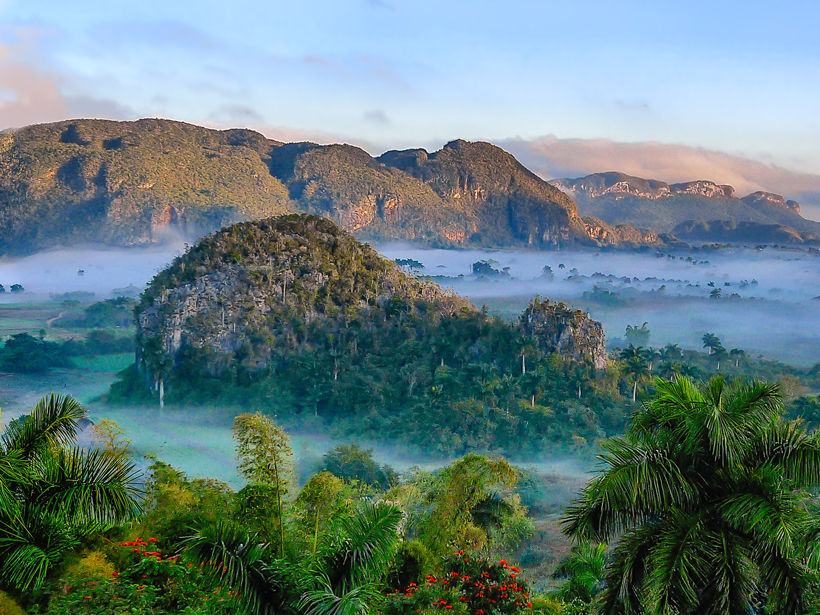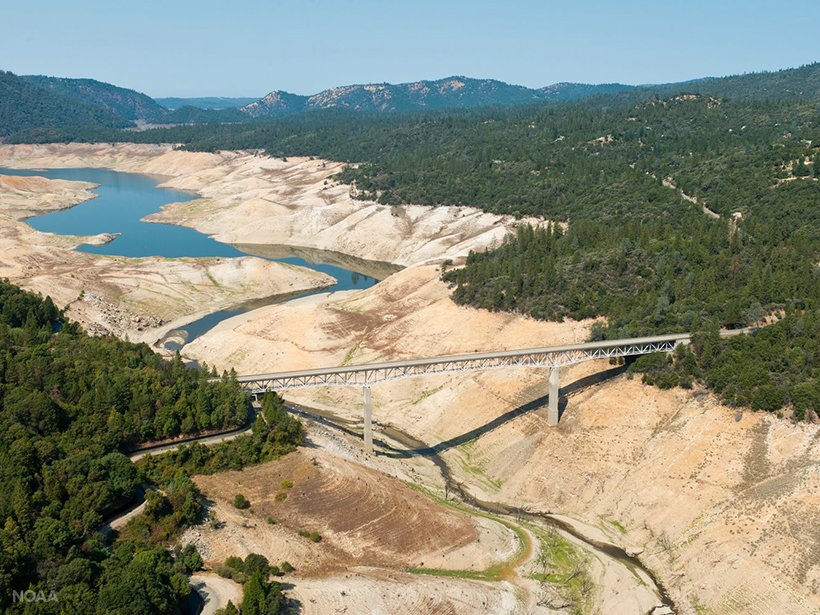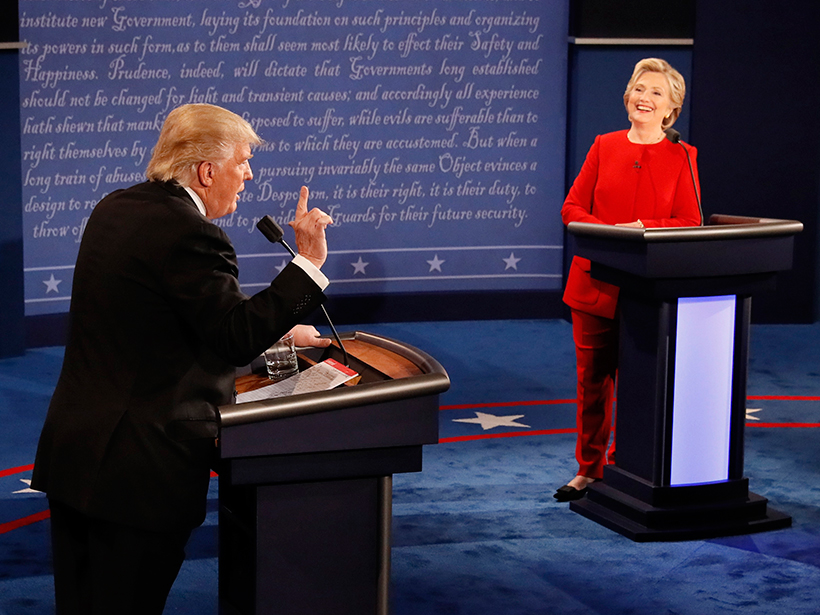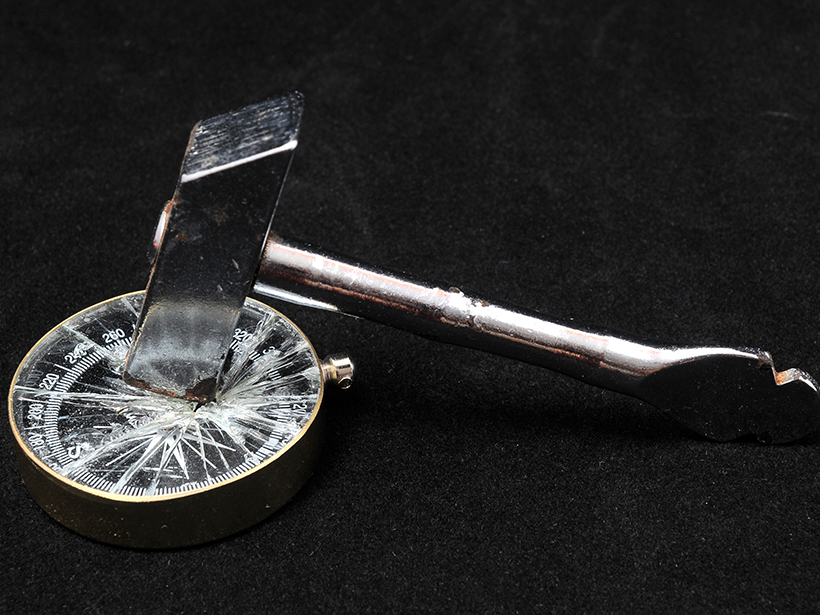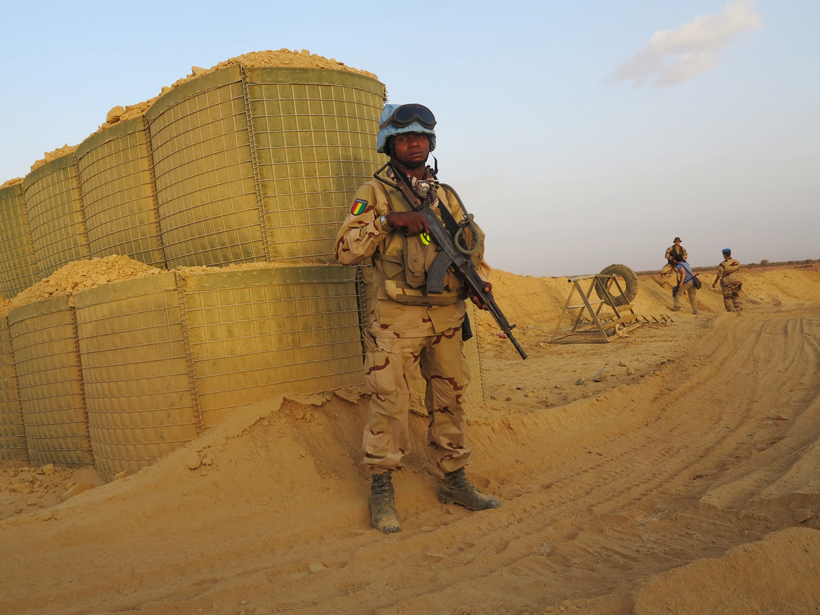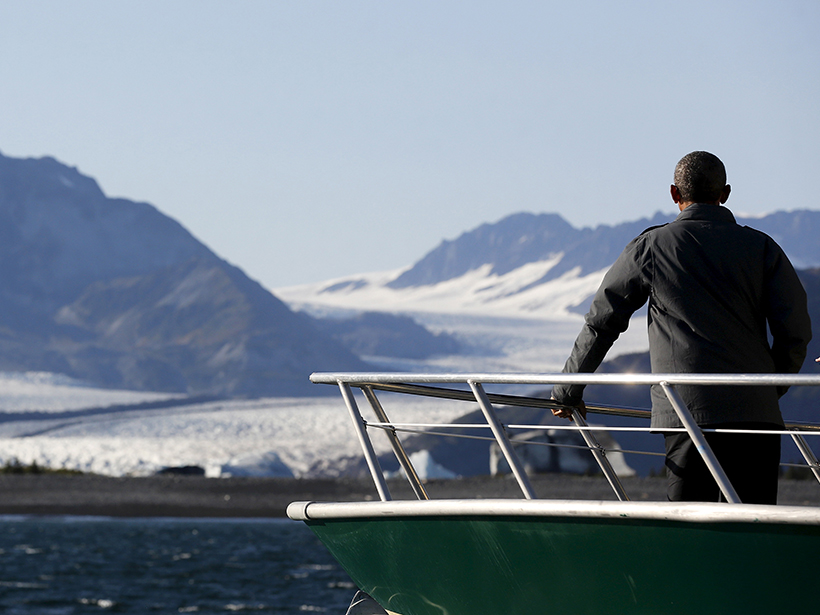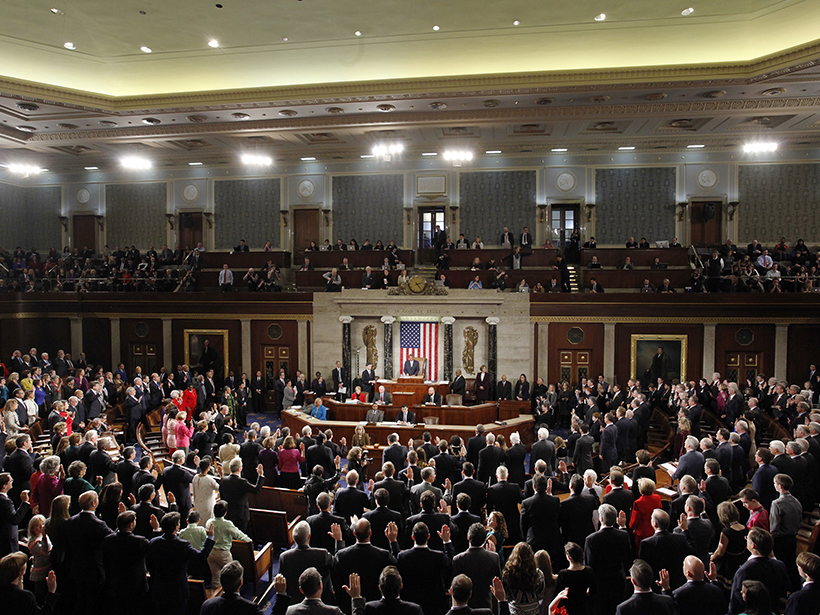Two scientific communities that evolved separately for more than 50 years reunited last week to share their findings and plan a more unified future.
science policy
Call for Comments: Responsibilities and Rights of Scientists
The American Geophysical Union urges members to comment soon on the organization's new draft position statement about scientists' responsibilities and rights and the integrity of the scientific process.
Switching to Drought-Tolerant Plants Could Alter Urban Climates
In Los Angeles, replacing lawns with native plants that need less water could lead to hotter days and cooler nights.
Climate Change, Groundwater Management, and California's Future
Conference on Climate Change and the Sustainable Groundwater Management Act; University of California, Davis, California, 4–5 April 2016
First Arctic Science Ministers' Confab Yields Cooperation Pledge
Newly announced ventures and advances include developing an Integrated Arctic Observing System and the release of the first-ever Arctic-wide digital elevation model.
Candidates Have Dustup over Climate in First Debate
During the first presidential candidate debate Monday, Donald Trump denied saying that climate change is a hoax, but his own tweets show otherwise.
State Budgets, Geological Surveys, and the New Reality
As state geological surveys face budget cuts and reorganizations, scientists must step into political spheres to advocate for what they do.
White House: National Security Plans Must Consider Climate Risks
Along with the new policy directive, the administration released a report on how climate changes—from more extreme weather to sea level rise—can threaten national security.
Top Arctic Science Diplomats Convene at White House Next Week
Precipitous transformations from climate change add impetus for this international meeting to guide cooperative research in the northern polar region, U.S. official says.
Congressional Caucus for Earth and Space Sciences Gets Launched
Organizers of the bipartisan caucus say it will urge sustained federal investments in Earth and space sciences, educate members of Congress, and provide a forum for relevant policy discussions.

